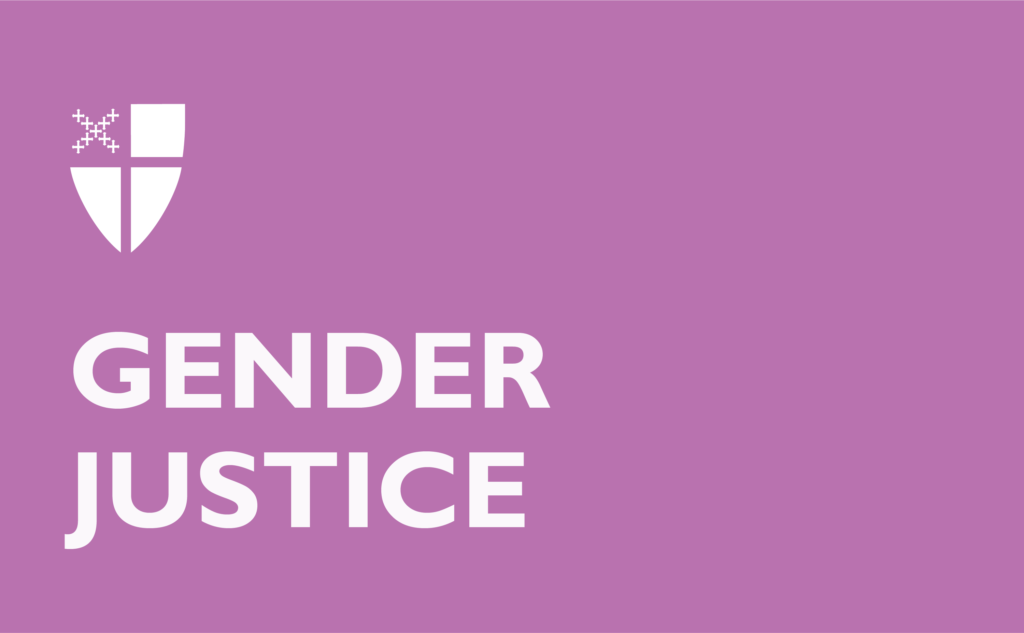History
Faithful Episcopalians have been working toward a greater understanding and radical inclusion of all of God’s children for nearly a half-century. In 1974, Louie Crew founded IntegrityUSA, a nonprofit organization with the goal of full-inclusion of LGBTQ+ people in The Episcopal Church. The next General Convention, in 1976, adopted resolutions stating that “homosexual persons are children of God who have a full and equal claim with all other persons upon the love, acceptance, and pastoral concern and care of the Church” (1976-A069), and that they “are entitled to equal protection of the laws with all other citizens” (1976-A071).
Over the years, General Convention and Executive Council reaffirmed these resolutions, as well as calling the church to greater understanding, awareness, and inclusion of LGBTQ+ people in the life of the church. In response to the AIDS crisis, the National Episcopal AIDS Coalition was created in 1988 to provide education and support for HIV and AIDS ministries across The Episcopal Church.
In 1994, General Convention amended the church’s canons to prohibit discrimination based on sexual orientation, providing equal access to the rites and worship of The Episcopal Church, including ordination. Nine years later the Diocese of New Hampshire elected the first openly gay bishop in The Episcopal Church, the Rt. Rev. V. Gene Robinson. This was, arguably, a turning point for the church.
Despite continued pressure from sister churches of the Anglican Communion, as well as some within The Episcopal Church, General Convention stood with its LGBTQ+ siblings. In 2009 it acknowledged and affirmed same-sex couples in the life of the church; in 2012 it called for the repeal of discriminatory federal laws, increased legal protections for domestic partners, and recommended a liturgy for blessing the relationships of same-sex couples.
Also in 2009, TransEpiscopal, a group dedicated to fostering the full embrace of trans and nonbinary people in life and worship of The Episcopal Church, sent its first delegation to General Convention. That year, convention expressed support for laws that prohibit discrimination based on gender identity. In 2012, the canons of The Episcopal Church were amended to prohibit discrimination in the ordination process based on gender identity and gender expression.
Finally, in the summer of 2015, just five days after the Supreme Court of the United States ruled that same-sex couples had the legal right to marry, General Convention voted to amend the canons of The Episcopal Church that regulate marriage, permitting any couple the rite of Holy Matrimony. They also called for a name-change rite to honor an important moment in the lives of anyone claiming their true identity.
The Episcopal Church warmly welcomes our LGBTQ+ siblings, but it would be disingenuous to say that the entire church is in the same place on this journey. As with all spiritual journeys, everyone walks at their own pace. Some Episcopal congregations are actively involved in LGBTQ+ ministry and their arms are open wide; others are more reserved, but their doors are still open to all; some are still wrestling with their beliefs and feelings. But we’re on this journey together, and The Episcopal Church is dedicated to full inclusion and equality in the church as well as in society as a whole.

